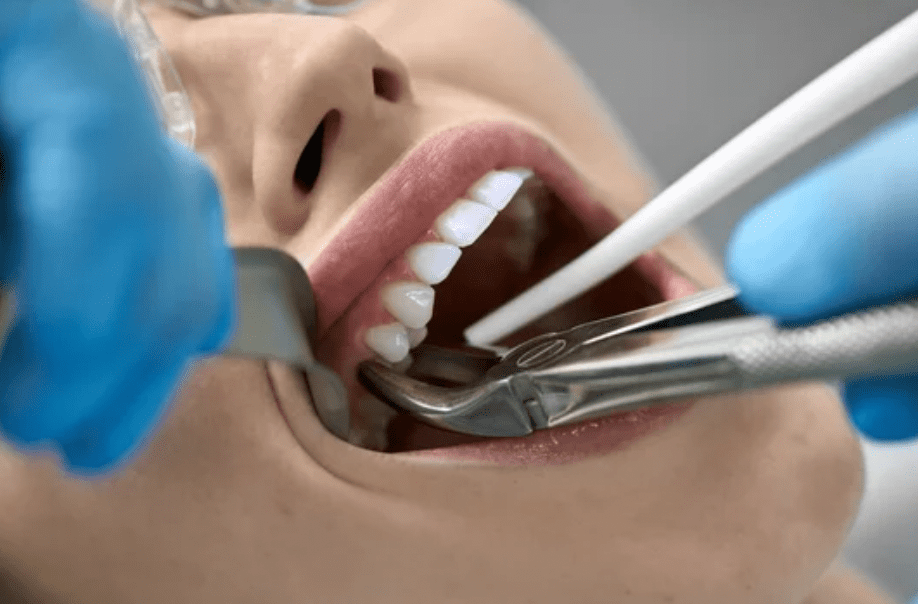A tooth extraction is when a dental team removes a tooth from your jaw. Dental professionals can surgically perform the extraction, or they can pull the tooth. While you may not consider it a fun procedure, you won’t feel any pain during the process. Thanks to sedatives and anesthetics, the extraction procedure is relatively painless. You will feel soreness and discomfort during your recovery. However, you should never experience any severe or excruciating pain. If you do, you should contact your dentist immediately.
There are a number of reasons why your dentist may have chosen to extract a tooth. If you have an infected tooth, your dentist may decide to remove your tooth, especially if antibiotics haven’t worked. Infections can be serious. Without treatment, infections will spread. An impacted tooth or a wisdom tooth is another reason for extraction. A wisdom tooth is the third set of molars that erupts from your gums. Many people don’t have enough space for these teeth. This means that they must come out. An impacted tooth is a tooth that has grown incorrectly. Impacted teeth will affect other teeth without removal.
Dentists will typically use a tooth extraction as a last option. It is best to keep your natural teeth if it is possible. If you need an extraction, it is for a good reason. You won’t feel any pain during the procedure. However, you may experience some discomfort as you recover. Therefore, preparing for recovery before the procedure is best to avoid as much discomfort as possible.

Recovery Tips
You should be able to return to work or school within a few days following your procedure. However, you should continue to take it easy as much as possible. Avoiding intense or strenuous activity is essential for recovery. The recovery process can take a few weeks. A surgical extraction may take longer. However, it depends on your situation.
Medications
One of the best ways to avoid pain after surgery is to take all your medications as directed. Your dentist may prescribe pain relievers and antibiotics to aid in your recovery. It is important to take antibiotics to avoid infection after your surgery. Some patients do not wish to take the prescription pain-relievers. So, you can take over-the-counter medication too. For example, ibuprofen can reduce pain and swelling during recovery.
Keep It Clean
It is vital to keep your extraction site clean after your procedure. Remember: it is an open wound inside your mouth. Your mouth is full of bacteria that can cause infection. In addition, as you eat, you can leave food particles in your extraction site, causing an infection. This can also slow your healing process.
Ice
Another way to help your recovery is to ice your cheek on the extraction side of your face. The ice will help to reduce the pain and swelling. Also, ice can aid in slowing and stopping blood flow. Therefore, ice will help minimize swelling. Also, ice can also aid your healing process and speed.
